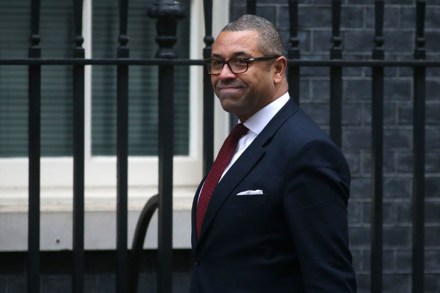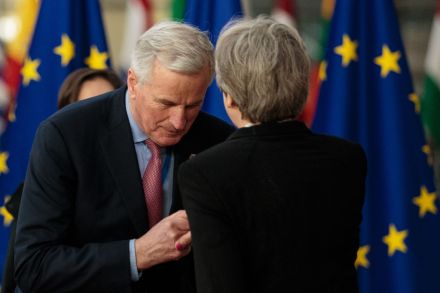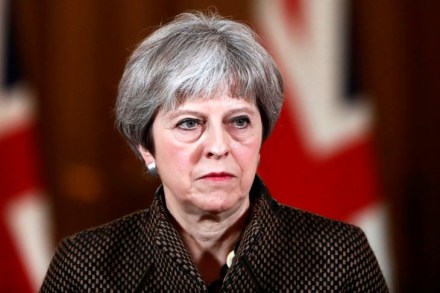Full text: Theresa May’s Downing Street statement on Brexit
Yesterday, I was in Salzburg for talks with European leaders. I have always said that these negotiations would be tough – and they were always bound to be toughest in the final straight. While both sides want a deal, we have to face up to the fact that – despite the progress we have made – there are two big issues where we remain a long way apart. The first is our economic relationship after we have left. Here, the EU is still only offering us two options. The first option would involve the UK staying in the European Economic Area and a customs union with the EU. In plain





















